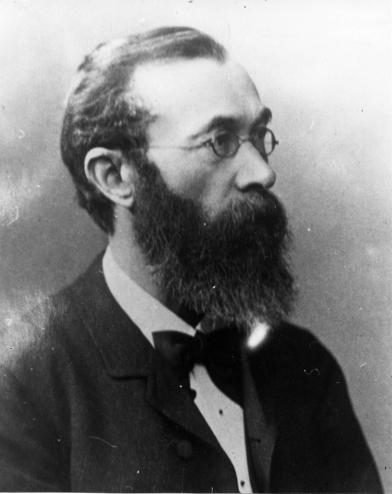There’s a massive difference between someone judging you and someone judging your actions and decisions.
 When someone says that you’re bossy, or timid, or too sensitive, what they’re doing – usually without even knowing it – is psychologically backing you into a corner. They’re dead-end conversations. You can’t differentiate you from yourself. So when someone says, “You are this,” well it’s only natural to get defensive. “What?” you’ll say to yourself, “They’re saying this about me? How could they? No, no, no! I’m not that.” And off you go mentally defending yourself from the direct judgment made about who you are.
When someone says that you’re bossy, or timid, or too sensitive, what they’re doing – usually without even knowing it – is psychologically backing you into a corner. They’re dead-end conversations. You can’t differentiate you from yourself. So when someone says, “You are this,” well it’s only natural to get defensive. “What?” you’ll say to yourself, “They’re saying this about me? How could they? No, no, no! I’m not that.” And off you go mentally defending yourself from the direct judgment made about who you are.
![]()
![]()
![]() On the other hand, if someone comments on something you have done or chose to do, then their remark isn’t as much about you as it is about your action or decision. There’s psychological wiggle room. There’s room for discussion and exploration.
On the other hand, if someone comments on something you have done or chose to do, then their remark isn’t as much about you as it is about your action or decision. There’s psychological wiggle room. There’s room for discussion and exploration.
 The focus on the action or decision allows us to step outside ourselves.
The focus on the action or decision allows us to step outside ourselves.
We can safely reflect without worrying about threats to our identity.
Focusing on our actions and decisions enables us to detach from ourselves … a key ingredient for meaningful reflection.
We can even join the other person in a discussion about ‘the act’ or ‘the decision’ without discussing who or what we are (or aren’t).
Now this is all very esoteric stuff, but it has massive implications for teachers and their dealings with students. I’ll illustrate with two quick examples, and will let you mull it over thereafter. I would love to read your comments.
Example 1: The statement,
“Come on Susie, you have to be able to accept criticism in life if you want to be successful.”
is about who Susie is. If Susie was your student she’s going to be thinking she has to change, whereas this statement frees Susie from the worry about who she is and allows her to focus on the consequences of her actions and decisions:
“Susie, have you ever thought about how many growing opportunities you’re going to miss out on if you continue to cry/ blow-up / retaliate whenever someone tries to give you constructive feedback? You’re better than that. Do you really want to let those outbursts rob you of important information that could make you stronger … and maybe more successful?”
Example 2: Or what if a teacher asks a student to leave the room, or sit off to the side, or do push-ups for repeated misbehavior … and the student retorts, “Why do you always pick on me.” (I got this a lot this year). In my opinion, the teacher  shouldn’t get into the ‘about me’ trap. The discussion should shift to one about actions and decisions. A reply like the one below points out to the student that he’s not the problem, it’s simply his actions and decisions that are causing him problems. So I would say,
shouldn’t get into the ‘about me’ trap. The discussion should shift to one about actions and decisions. A reply like the one below points out to the student that he’s not the problem, it’s simply his actions and decisions that are causing him problems. So I would say,
“Gee, I don’t know Dylan. I wish I could answer that question, but only you can. You know, I don’t like it when you sit off to the side, but you keep saying and doing things that result in that happening. It’s not that you’re bad or I don’t like you. It’s just that you keep deciding to put yourself in this situation. What’s funny is that I don’t think you really want to be in this situation. It doesn’t make sense, really … but it’s not like you’re giving me any other choices.”
The point is this: Discussions about actions and choices enable far more meaningful and reflective conversations than “you/me” discussions can ever generate.


